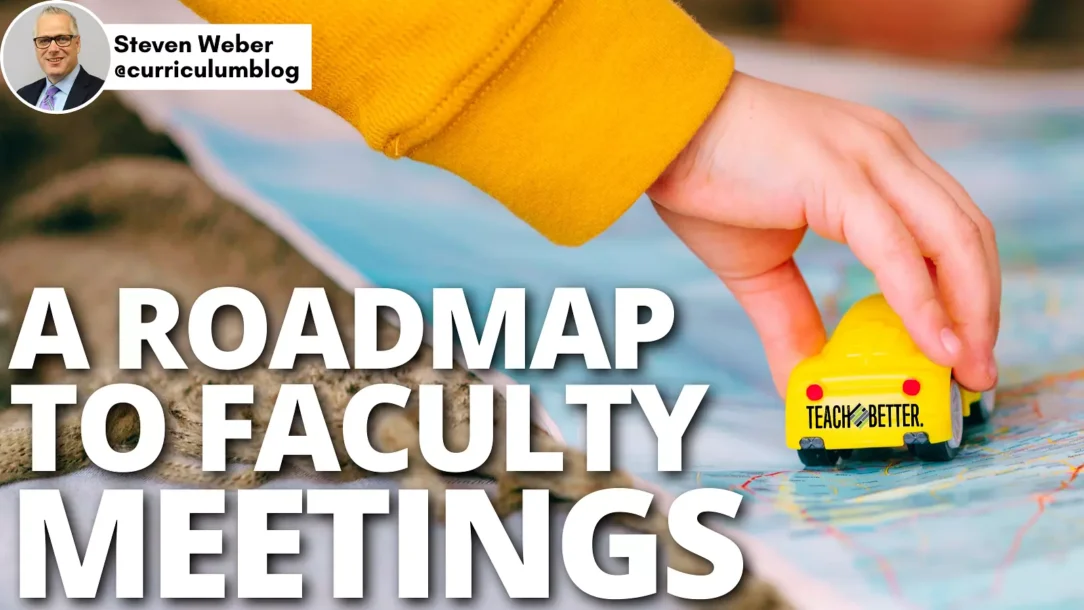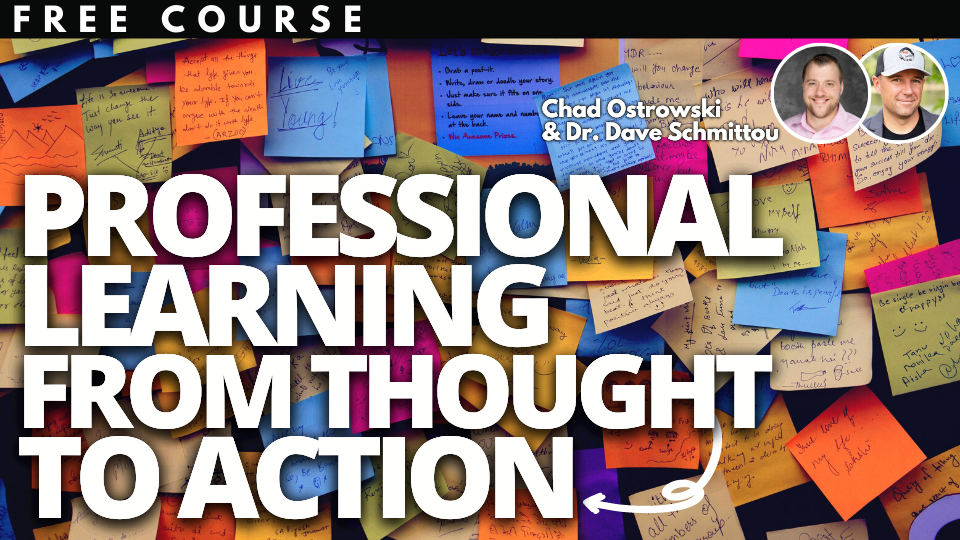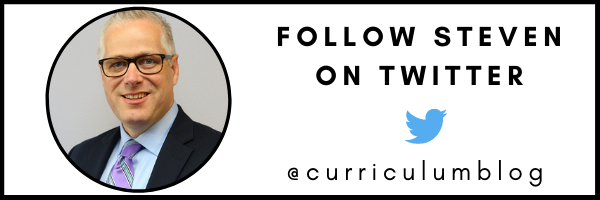TL;DR:
- After-school staff meetings are difficult for staff who have a lot of other things going on following the school day.
- Sunday Drive meetings are a type of staff meeting without clear or desired outcomes. Staff drives this type of meeting.
- Problem-solving meetings analyze data and are more structured. Often there is very little time to actually problem-solve, despite the name.
- Team building meetings are important for staff culture, and some of the best ones take place on days when the activity is the only thing on the agenda.
- When planning a staff meeting, please consider your main goals, the audience, and the intended purpose of the meeting.
There are three types of faculty meetings: A Sunday Drive, Problem-Solving and Analysis, and Team Building. Faculty meetings are often held at the end of a workday. This creates several challenges for teachers and administrators that non-educators rarely encounter.
While school staff reflects on the strengths and areas for improvement of their recent lesson, there is also the need to pick up younger children from daycare, go to the gym, take a child to basketball practice, or make it to a second job. For educators, there is the resisting force of the evening schedule and the desire to stay focused and on-task during the faculty meeting.
There are three types of faculty meetings: A Sunday Drive, Problem-Solving and Analysis, and Team Building. Click To TweetSunday Drive
The first type of faculty meeting is a Sunday Drive. A Sunday Drive meeting can be described as a meeting without clear or desired outcomes. The direction of the meeting can be guided by the staff and a final decision does not have to be made by the time the meeting ends. There is time allotted for scenic stops and sidebar conversations. Staff may arrive at a final destination, but the meeting will still be considered a success if one or more grade-level teams do not arrive at the same destination. Edcamp-style faculty meetings are an innovative approach if you are planning a Sunday Drive meeting. Edcamp provides more voice and choice and allows all staff to own their learning.
Traditionally, many K-12 faculty meetings are sit and get, top-down, lecture-style, and death by PowerPoint. To learn more about Edcamp-style faculty meetings, visit New Ways to Power Up and Re-Energize Faculty Meetings (Blanchet, 2019). Edcamp is a national movement that started with a group of teachers in Philadelphia in 2010. Edcamp resources, a handbook, and a Guide for Organizers can be downloaded at Digital Promise (2022).
Problem-Solving and Analysis
The second type of faculty meeting is a problem-solving and analysis meeting. Problem-solving and analysis require a more structured meeting agenda. Many faculty meetings focus on school data, a common problem to be solved, school improvement goals, common formative assessment data, or determining school procedures. The problem with several faculty meetings is that the principal or facilitator attempts to squeeze problem-solving and analysis in between 20 other topics. This approach leaves very little room for problem-solving or discussion. Facilitative leadership tools or protocols can be effective in leading this type of meeting.
The role of the principal should be a facilitator, not a keynote speaker. If there are multiple items to be addressed, the topics should be shared in an email or another meeting should be scheduled. Asking school staff to attempt to solve a problem or analyze data after a full day of work, combined with multiple school updates, professional development, and announcements will prevent the staff from achieving the desired outcome of the meeting. In order to successfully facilitate a faculty meeting focused on problem-solving and analysis, visit the National School Reform Faculty for dozens of protocols. Each protocol is designed to help school teams meet the desired goals of the meeting, while including professional voice, choice, and multiple perspectives.
Team Building
The final type of faculty meeting is a team building meeting. Team building activities are important in faculty meetings, especially since educators work with students all day and rarely interact with other adults. School teams need to know their colleagues, meet staff from the other side of the school, laugh together, and develop a positive work culture. Some staff dread team-building activities. Educators who are introverts may arrive to the meeting late or hide behind a bookshelf in the library if they spot a team-building activity on the meeting agenda. High school staff in several schools do not appear to enjoy team building as much as elementary teachers.
Some of the best team-building activities take place when it is the only item on the meeting agenda. When teams don’t have to worry about the rest of the agenda, educators are more involved and likely to enjoy the activity. There is certainly a time and place for team building. School staff needs to feel like they are part of a team.
[scroll down to keep reading]A RoadMAP for Faculty Meetings
This article provides resources for leading Edcamp-style faculty meetings, protocols for school teams, and recommendations for proactively designing meeting agendas for faculty meetings. Staff often sit in faculty meetings and wonder, “What is the purpose of this meeting?”
A RoadMAP for faculty meetings should ask the following questions:
- What are the Main Goals/Outcomes for this meeting?
- Who is the intended Audience?
- What is the Purpose of this meeting?
In order to effectively plan for your upcoming faculty meetings, ask yourself:
Is this a…
- Sunday Drive meeting?
- Problem-Solving and Analysis meeting?
- Team Building meeting?
The answer to these questions will help you identify the meeting’s purpose.
About Steven Weber
Dr. Steven Weber is the Associate Superintendent for Teaching and Learning with Fayetteville Public Schools (AR). His areas of research include curriculum design, formative assessment, professional learning, and school leadership.




